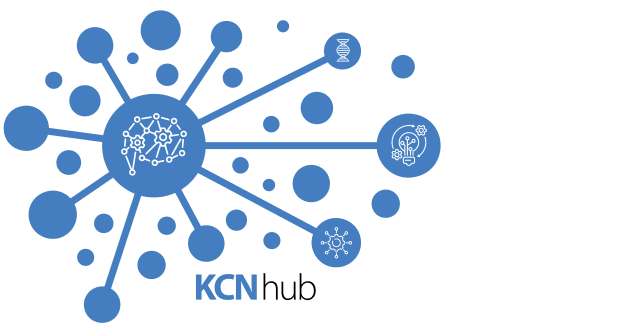Neural dynamics and behavioral relevance of feedback processing in the human brain
Abstract: Adaptive behavior requires utilization of action outcome feedback. Wisconsin Card Sorting Task consists of a series of rule searching episodes, guided by the rule choice feedback (correct or incorrect). The choice feedback tuning is present in the high-frequency activity (HFA 70-200 Hz) - a proxy measure of local population spiking - across the frontal and temporal lobe. In addition, feedback-tuned activity on the anatomically distributed locations co-varies selectively during correct trials, as shown by noise correlations. The co-variation of feedback-tuned populations is highly correlated with the oscillatory synchrony in the beta range (20-25 Hz), suggesting the role of beta oscillations in synchronizing the distributed feedback-tuned populations. Finally, behavioral analysis shows that only the feedback following correct trials is utilized in the rule search, while the negative feedback has no discernible behavioral effect. Selective synchronization of feedback-tuned populations on the correct trials and preferential utilization of correct feedback in rule search suggest the beta-mediated neural synchronization as a mechanism for integrating the feedback information in decision-making.
Brief Bio: Ivan graduated with MD from the University of Split in Croatia and did his PhD on autoradiographic imaging of brain serotonergic system in rodent models of depression. While doing this work at the Montreal Neurological Institute, he became interested in memory and electrophysiology. This led to a postdoc with Bruce McNaughton at the University of Lethbridge (Canada)/UC Irvine, where he used tetrode recordings in rats to probe the hippocampal-cortical interactions during wakefulness and sleep. Finally, he got involved in human intracranial electrophysiology, working with Jack Lin at UC Irvine/UC Davis, as a part of a BRAIN Initiative consortium involving the human, non-human primate and computational modeling components, aiming to decipher the integration of feedback information in rule learning.
Recording available on kcnhub youtube channel

